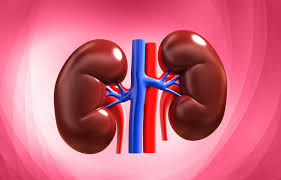Executive Chairman of the Economic and Financial Crimes Commission (EFCC), Ola Olukoyede, has unveiled strategies being employed by the agency in the fight against graft, describing them as comprehensive.
He disclosed in Accra, Ghana yesterday at the 14th Commonwealth Regional Conference and Annual General Meeting of Heads of Anti-Corruption Agencies in Africa, where leading anti-graft experts from across Commonwealth countries converged to discuss best practices and strategies.
Olukoyede stressed the importance of a comprehensive approach in the fight against corruption.
The approach, he explained, involves preventive measures, technological innovations and international collaboration.
At the gathering themed: “Strengthening Institutions and Promoting Transparency: A Means of Fighting Corruption in Commonwealth Africa,” the chief executive made a presentation on “EFCC Anti-Corruption Drive: Changing the Narrative” and outlined the agency’s strategy for combating corruption in Nigeria.
He discussed the commission’s mandate to enforce economic and financial crimes laws, highlighting its preventive initiatives such as anti-corruption clubs in schools, a faith-based approach and fraud risk assessment and control.
Olukoyede also shared details on how the EFCC addresses forex malpractices and dollar racketeering to stabilise the economy.
He also spoke about the organisation’s use of technology in its anti-corruption efforts, mentioning the Eagle Eye App for whistleblowing, case management system and forensic laboratory.
The EFCC chief pointed out that these technological advancements play a crucial role in enhancing the commission’s investigation and prosecution capabilities.
Consequently, he submitted that in just six months, the agency achieved results in various areas, demonstrating the effectiveness of its comprehensive approach in the fight against corruption.
Olukoyede also engaged other anti-corruption leaders on best practices and international cooperation in the fight against graft .
He stressed Nigeria’s commitment to strengthening institutions and promoting transparency.











